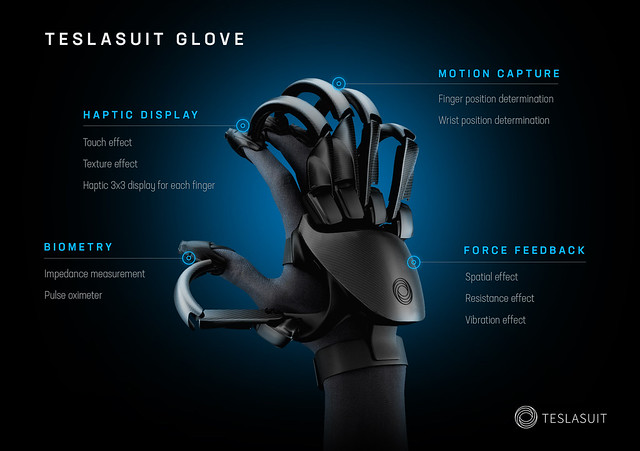Making the human touch virtual
Article body
A team of investigators at Auburn University is taking an innovative approach to training health care students on disease states and patient education by engaging in immersive virtual reality experiences.
Led by Kimberly Garza, associate professor in the Harrison School of Pharmacy’s Department of Health Outcomes Research and Policy, the team was recently awarded a Student Learning Through Immersive Virtual Experience grant from Auburn’s Office of Information Technology and the Biggio Center. Titled “Combining Haptics with VR to Support Professional Identity Development in Student Pharmacists through Empathy for Patients,” the project combines virtual reality and haptic devices—mechanical devices that mediate communication between a user and computer—to expose students to various physical limitations patients may experience.
Health care providers and students are knowledgeable about disease states and various physical conditions, but for the most part have never experienced it first-hand. This immersive experience will allow students to feel what it is like to live with certain conditions and have a better understanding of what patients are going through.
“The salience of the patient experience may be greatly enhanced using an immersive technology, such as virtual reality, paired with haptic devices to simulate physical impairments associated with chronic disease,” said Garza. “Virtual reality creates a feeling of actually being there, a feeling that events are actually happening and the feeling that you are actually inhabiting the virtual body.”
The grant supports the purchase of gloves made by the company, TESLASUIT. By wearing the gloves and engaging in a virtual reality simulation, students will feel the physical limitations from a hand and individual finger level of certain conditions. By actually feeling what the experience is like, students can gain empathy for patients with these conditions.
“Empathy for patients among health care providers is a primary component of patient-centered care and is also one mechanism to support professional identity development in health professions students, allowing them to discover their role in addressing patient needs,” said Garza. “Therefore, empathy-building learning activities are critical to the successful development of professional identity among pharmacy students.”
The project will focus on joint immobility in the first iteration with plans to expand to other physical limitations, such as tremor, vision impairment and hearing loss. The glove can help create a realistic feeling of joint immobility by providing forced feedback to make grasping and manipulating objects more difficult.
Students can attempt to carry out various tasks, like opening a pill bottle or using an inhaler wearing the gloves, to experience the hardships their patients might experience. The virtual reality component also adds more visual and auditory input to make the whole experience seem more real.
Collaborating with Garza on the project is a diverse group of faculty and staff, bringing a variety of perspectives to the experience. Others on the team include Gary Hawkins, Chris Loughnane and Adelia Grabowski, Auburn University Libraries; Cheryl Seals and Chad Rose, Samuel Ginn College of Engineering; Brad Wright, Harrison School of Pharmacy; and Michael Grayson, Raymond J. Harbert College of Business, Information Technology.
With funding supporting this project, it opens doors for other applications of virtual reality and haptic devices, including use of a full-body TESLASUIT. Utilizing the technology can help patients and practitioners make informed decisions on disease treatment by experiencing what it is actually like living with the disease.
“In addition to this project, our team is exploring the use of haptics and virtual reality, including a full haptic suit, to simulate disease progression in conditions, such as rheumatoid arthritis,” said Garza. “The idea is that we can use virtual reality and haptics in patients who have been newly diagnosed with a disease, like rheumatoid arthritis, to show them how they might expect their condition to progress using various treatment options compared to no treatment.”
Related Media
Media interested in this story can contact Communications Director Preston Sparks at (334) 844-9999 or preston.sparks@auburn.edu.
Auburn University is a nationally ranked land grant institution recognized for its commitment to world-class scholarship, interdisciplinary research with an elite, top-tier Carnegie R1 classification, life-changing outreach with Carnegie’s Community Engagement designation and an undergraduate education experience second to none. Auburn is home to more than 30,000 students, and its faculty and research partners collaborate to develop and deliver meaningful scholarship, science and technology-based advancements that meet pressing regional, national and global needs. Auburn’s commitment to active student engagement, professional success and public/private partnership drives a growing reputation for outreach and extension that delivers broad economic, health and societal impact.






